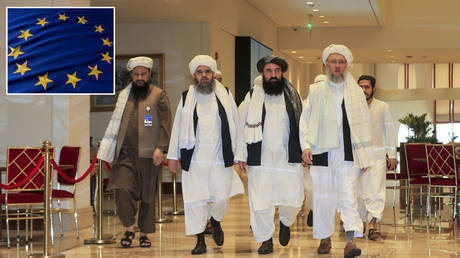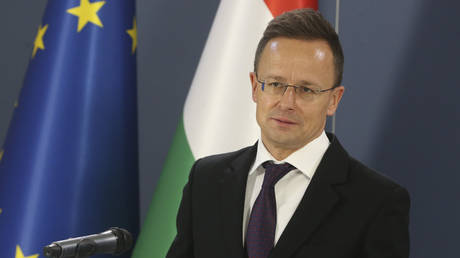
The European Union (EU) will engage with the Taliban subject to certain conditions, Foreign Policy Chief Josep Borrell has said, but he stressed that this does not mean Brussels will recognize the new government in Afghanistan.
Speaking at a news conference on Friday, the foreign policy chief revealed that the bloc is prepared to engage with the group “in order to support the Afghan population.”
Borrell was clear, though, that dialogue with the Taliban “doesn’t mean recognition” of its government, and that it is “an operational engagement.”
Such engagement, however, would increase subject to certain conditions and how the Taliban acts as a government. Borrell said that Afghanistan must not function as “a base for the export of terrorism to other countries.”
Alongside this requisite, the EU would have to see the formation of an inclusive, representative transition government which respects human rights, the rule of law, and the media. Free access to humanitarian aid is also a must.
Borrell stated that officials in Kabul would also have to allow foreigners and Afghans that face persecution to leave the country.
British Foreign Secretary Dominic Raab has taken a similar stance to that of Brussels. Speaking during a press conference in Pakistan on Friday, Raab was firm that the UK will not recognize the Taliban as the legitimate Afghan government, but will communicate with Kabul as doing so is necessary to help people flee.
Beijing, meanwhile, has been dubbed the group’s “main partner” by Taliban spokesperson Zabihullah Mujahid in an interview with Italian newspaper La Repubblica on Wednesday, citing China’s plans to invest in Afghanistan.
The Taliban assured 100 states that foreign nationals and designated Afghan citizens “will be allowed to proceed in a safe and orderly manner to points of departure and travel outside the country,” according to a statement issued by Britain, the US, and other countries two days before the August 31 withdrawal deadline.
Like this story? Share it with a friend!




